P.C.C. Concludes with Mixed Reviews
It’s been nearly two years since the People’s Constitution Commission (P.C.C.) kicked off its mission to thoroughly review Belize’s Constitution. They aimed to engage with Belizeans through a public outreach campaign and deliver detailed recommendations to the Prime Minister. Originally, this project was supposed to wrap up in eighteen months, but the commission needed more time to gather and summarize public feedback. So, in June, they got a six-month extension. Now, they’re gearing up to present their final report to the Prime Minister in November. Here’s News Five’s Britney Gordon with more on the challenges they faced along the way.
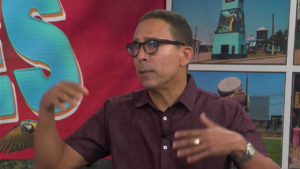
Harold Young
Dr. Harold Young, Asst. Professor of Political Science
“They didn’t like the advice and it wasn’t anything technical or anything crazy. It was a basic fundamental what your mandate is. You are not fulfilling your mandate and they didn’t like it. And within that week, we were both let go. Wow. Or we both separated. I don’t want to say let go because it wasn’t the same thing between us. But within the week, we were both separated from the commission. And that’s an indictment of the commission, not of the government. The government did not pick those twenty-seven people.”
Britney Gordon, Reporting
In November 2022, The People’s Constitution Commission was created for one purpose: to conduct participatory, inclusive, and transparent engagement with the people of Belize to inform recommendations to the government for an amended constitution. These recommendations aim to genuinely capture what the Belizean people truly want. Last month, Anthony Chanona, the Chairman of the PCC, gave us an update on how things are progressing.
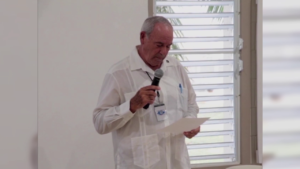
Anthony Chanona
Anthony Chanona, Chair, People’s Constitution Commission (File: September 26th, 2024)
“We have been meeting ever since we finished the public outreach which was back in May 2024, and the process is to review what the people have said and formulating it. So as soon as that was completed and we are at that stage, we will come to the media and we are saying this would probably be around the eighth of October and present what we have done. So it’s an important engagement but I cannot go into any details at this time.”
More than twenty-two thousand people shared their thoughts for the report. Public consultations were the go-to method for the outreach campaign, although over ten thousand surveys were also used. Given the overwhelming number of responses, the PCC got a six-month extension in June to wrap things up.
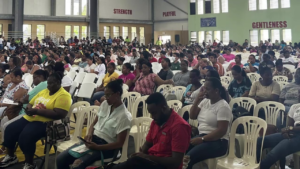 Anthony Chanona
Anthony Chanona
“People in Belize actually showed up at these sessions, participated in the call for papers, responded to the text blast and so we were unable to collate all of that information within the eighteen months. So the law provided for us to apply for a six-month extension and we are now to be finished on the fourteenth of November for a final report. But we will be producing an interim report with the first draft with all stakeholders so that there is some transparency and validation to the process.”
The commission is a diverse group, bringing together voices from worker and student unions, cultural councils, NGOs, and political parties. Their mission is to represent all the different communities across Belize and be their voice. Caleb Orozco, the Executive Director for the United Belize Advocacy Movement, represents the LGBT+ community. He shared that the hurdles he faced on the commission make him doubtful about the report’s success.
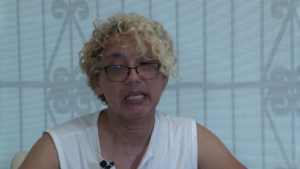
Caleb Orozco
Caleb Orozco, Executive Director, UNIBAM
“I will predict that we will go through the motions of talking to our stakeholders, supporting their recommendations, and the recommendations will be submitted to the Prime Minister. But it will be watered down based on the experience of the Political Reform Commission of two thousand. There will be lots of delays with regards to the actual implementation of the recommendations that are either accepted or welcome. And we will continue to be erased.”
Orozco maintains the support of his community is a surface-level attempt at inclusivity that will not find its way into legislation.
Caleb Orozco
“What I notice is that they reassure themselves that as long as they offer me food, are you hungry? Or they are nice to me and say hi, how are you doing? That somehow they’re above those who are directly insulting. Being tolerated in a commission process is new. example of being accepted in the legislative process.”
In the early stages of the project, political scientists, Dr. Dylan Vernon and Dr. Harold Young, were brought on as consultants by the PCC. Dr. Young claims that their services were dismissed by the PCC because the commission did not agree with their recommendations. Like Orozco, he does not believe that the PCC is acting in alignment with its mandate.
Dr. Harold Young,
“The civic leaders did not engage. They did not read material that Dr. Vernon and I put to them to read, that would have given them the groundwork to start thinking comprehensively and seriously about electoral reform in this country. They dropped the ball. They are happy to get out there. They are happy to get out there and criticize and comment and this is wrong and that, but when they were put around the table, with the power of legislature, the legislature, the law, giving them the power to review the and make recommendations in a report to the prime minister, they drop the ball.”
Britney Gordon for News Five.





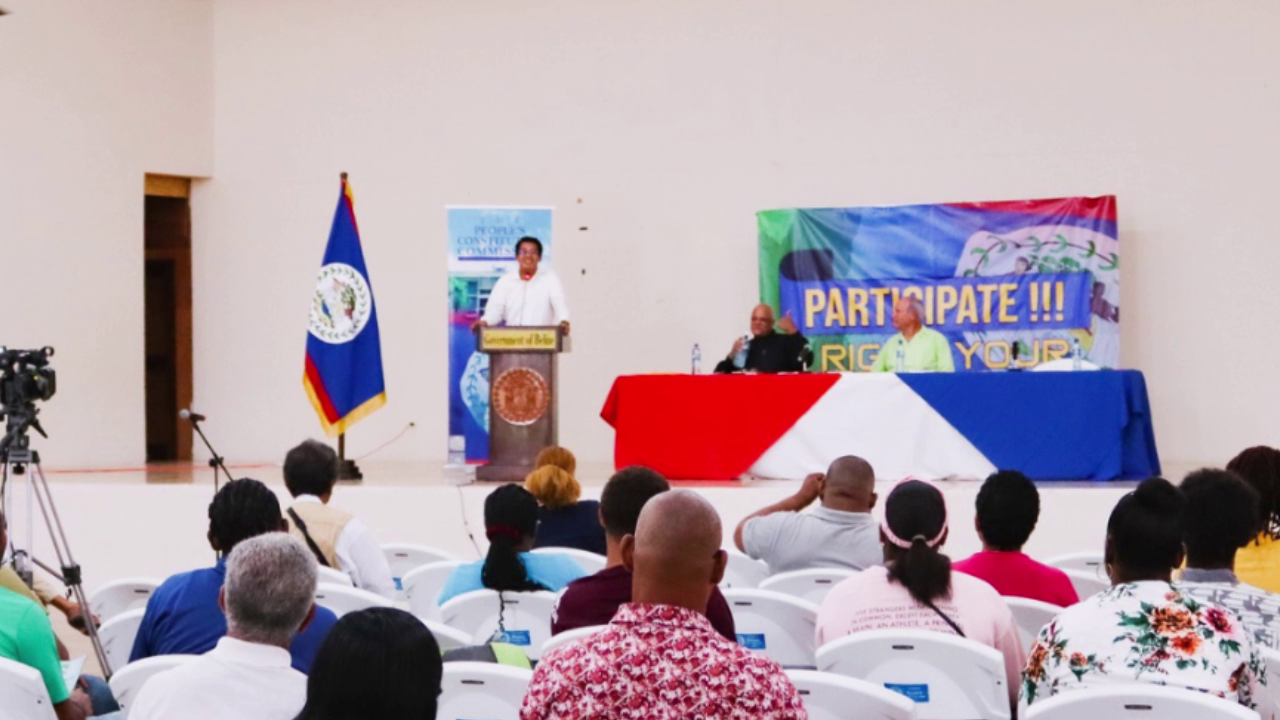
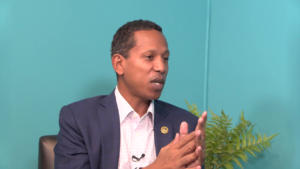
Facebook Comments